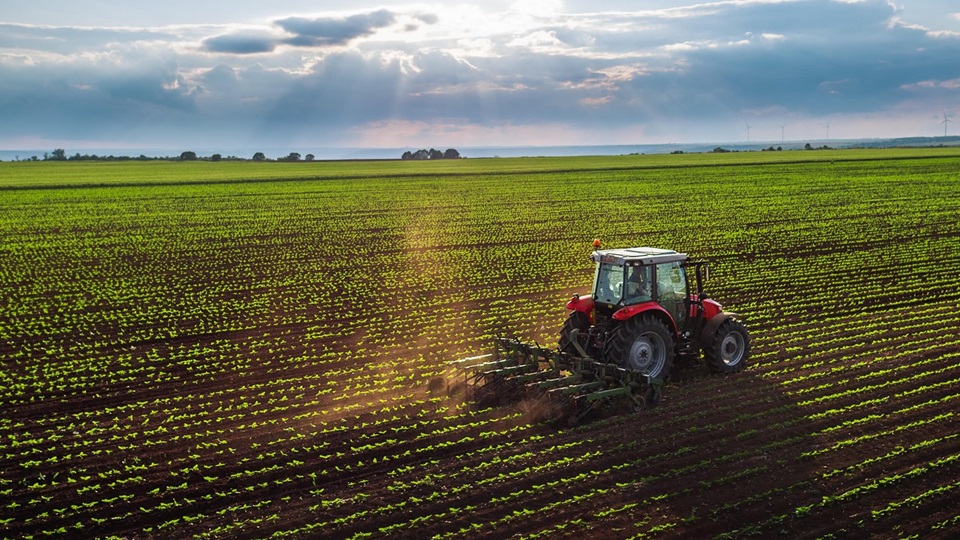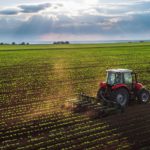European farmers exempted from rules on land lying fallow

The European Commission officially adopted a regulation which grants a partial exemption for European farmers from the conditionality rule on land lying fallow.
This follows the Commission’s proposal presented on 31 January, and discussions with Member States in committee meetings. The Regulation will enter into force on 14 February and will apply retroactively as of 1 January for one year – that is, until 31 December 2024.
The partial exemption accommodates several requests for more flexibility, as requested by Member States to better respond to challenges facing EU farmers.
Instead of keeping land fallow or keeping unproductive features on 4% of their arable land, EU farmers growing nitrogen fixing crops (such as lentils, peas, or favas) and/or catch crops without plant protection products on 4% of their arable land will be considered as meeting the so-called GAEC 8 requirement. Those farmers who decide so can, however, continue fulfilling the requirement with land lying fallow or non-productive features.
The final act adopted also enables Member States to modify their eco-schemes that support non-productive areas to take into account the alternative baseline under GAEC 8 conditionality. A simple notification to the European Commission will be enough to immediately update the concerned eco-schemes.
Member States who wish to apply the derogation at national level need to notify the Commission within 15 days of entry into force of the Regulation so that farmers can be informed as soon as possible.
The Commission proposal is carefully calibrated to provide the right balance between offering appropriate relief and flexibility to farmers facing numerous challenges on the one hand, and protecting biodiversity and soil quality on the other hand.
Ursula von der Leyen, President of the European Commission, said: “Only if our farmers can live off their land will they invest in the future. And only if we achieve our climate and environmental goals together, will farmers be able to continue to make a living. Our farmers are well aware of this. This measure offers flexibility to farmers while continuing to reward them for their crucial work to drive EU food security and sustainability. We will soon come forward with more proposals to help alleviate the pressure our farmers face.”















